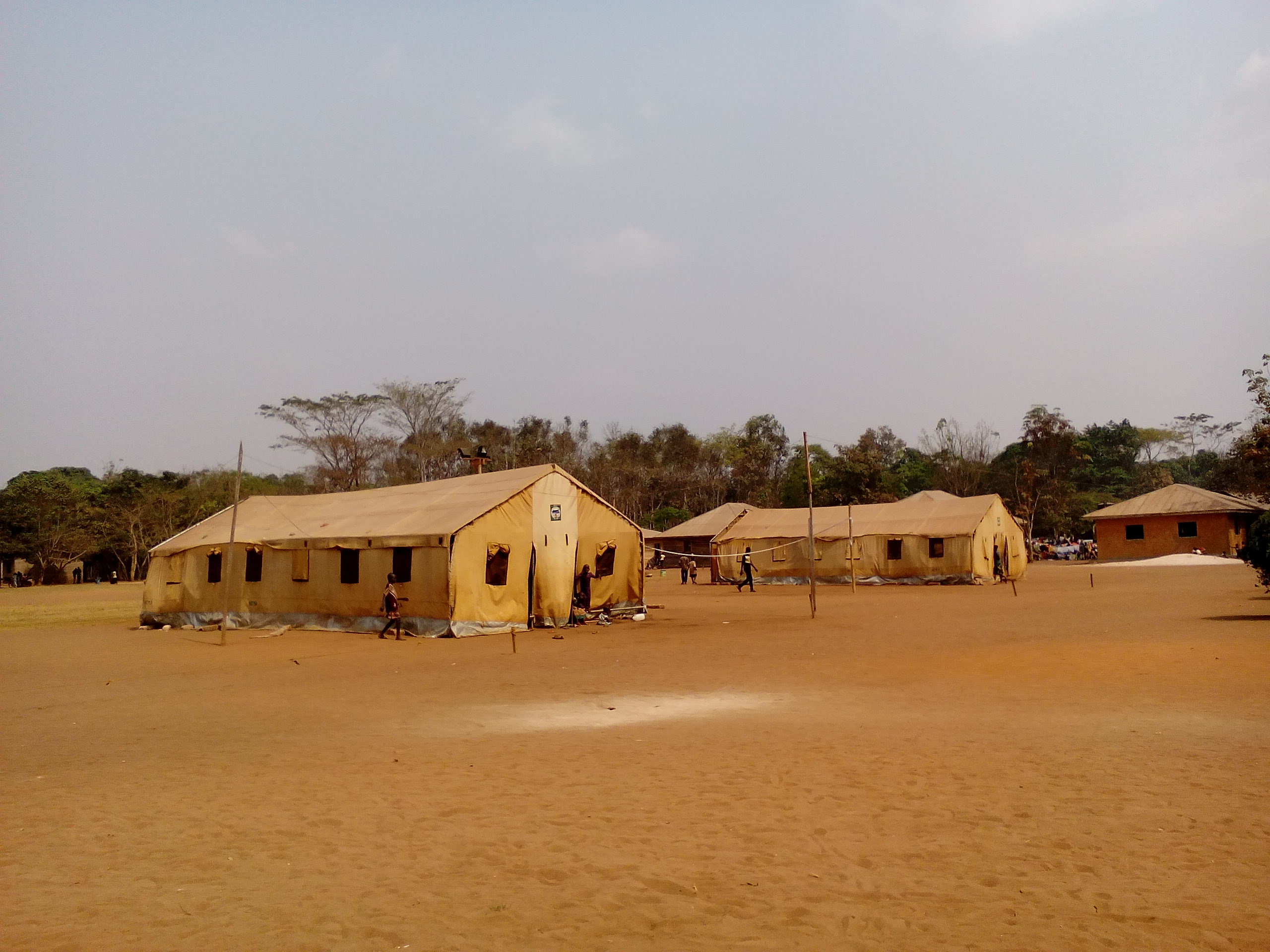Prof. Abdalla Adamu, the Vice-Chancellor, National Open University of Nigeria (NOUN), has said that the university is working towards offering scholarships to 100 Internally Displaced Persons(IDPs) in the country.
Adamu, who stated this at the 1st NOUN Distinguished Lecture on Wednesday in Abuja, said that the university was working in collaboration with a local bank on the initiative.
He said that the institution had made its willingness to educate IDPs known to one of the leading banks in the country.
“A representative of that bank made an unofficial statement; but they said they would back it up to sponsor 100 IDPs in the camps.
“We are still working on the modalities; we will enrol them in NOUN and the bank will pay.”
The vice-chancellor said that the World Bank had also advised NOUN to liaise with state governments to provide it with a list of indigent students for sponsorship.
He added that World Bank had also said that indigent and disenfranchised students would be enrolled in NOUN under the bank’s facility, with their states’ approval.
He explained that the World Bank would not give money to NOUN, but to the states to facilitate the education of such students.
He added that all the states needed to do was to inform the World Bank and it would sponsor the students in NOUN through its access to education facility.
Adamu expressed optimism that the offer would provide an opportunity to educate a huge number of people who did not have money to afford education.
He, however, noted that globally, counties were faced with the triple challenge of expanding access, improving quality and ensuring equity, especially in higher education.
He said that in order to address and proffer solutions to the challenges, NOUN had instituted its public lecture series.
This, he said, would be a platform where professional stakeholders would share their experiences and new ideas on higher education.
In his remarks, Prof. Asha Kanwar, the Guest Lecturer at the event, said that Open Education Resources (OER) would help in getting education to the unreached.
kanwar, who is the President, Commonwealth of Learning(COL), said that OER were free and readily available.
She said that OER could be re-used and re-purposed to suit different needs and could be available in any medium such as print, audio, video and digital.
According to her, open universities have traditionally built their reputations on the quality of their content.
“By making quality content-free, OER offer a unique advantage to open universities by freeing faculty time from course development.
“This time can now be allocated to learner support which needs more attention.
“Open universities can develop OER policies and build the capacity of their staff to harness the potential of OER.’’
Kanwar said that only seven African institutions had OER policies and commended NOUN for being the pioneer OER in Africa which attracted the Global Open Education Consortium 2016 Open Education award.
She, however, called for the deployment of affordable technology in reaching the unreached in Nigeria.
The News Agency of Nigeria (NAN) reports that the lecture was; “Can Open Distance Learning (ODL) Reach the Unreached? Lessons from the Commonwealth’’.




 Premier League
Premier League